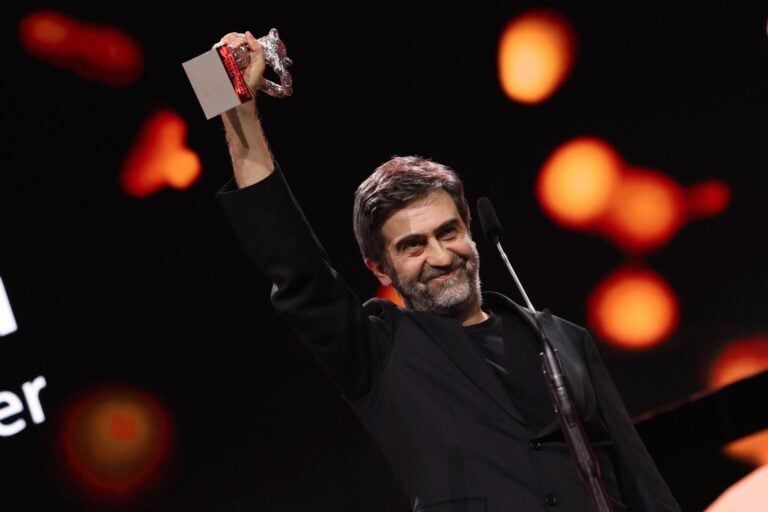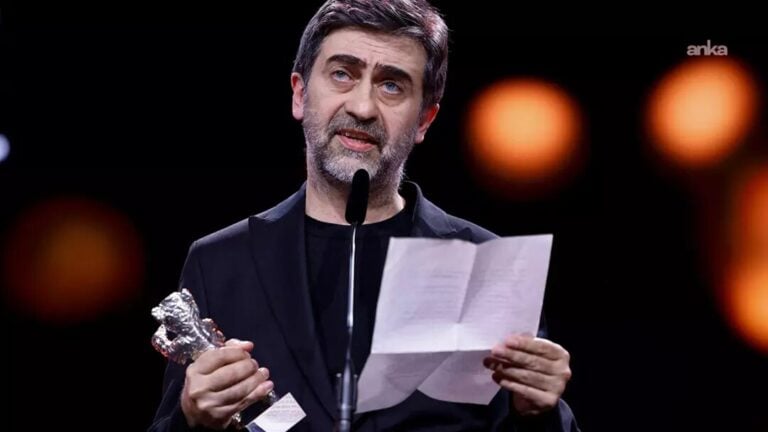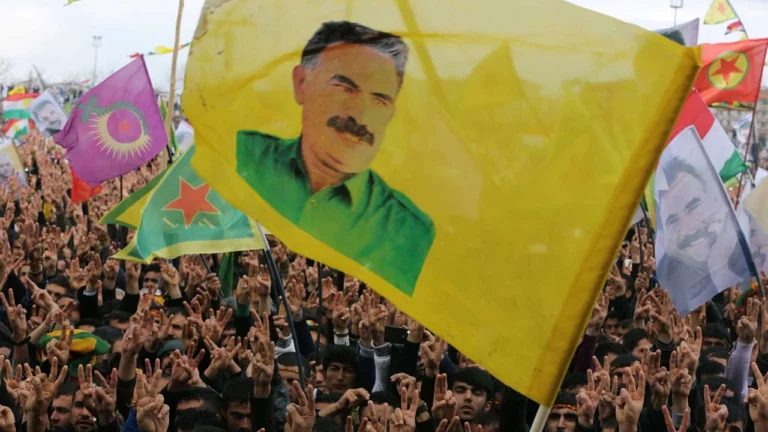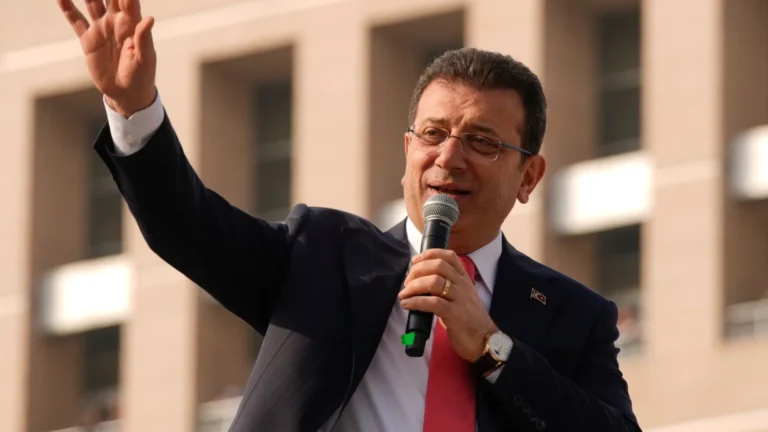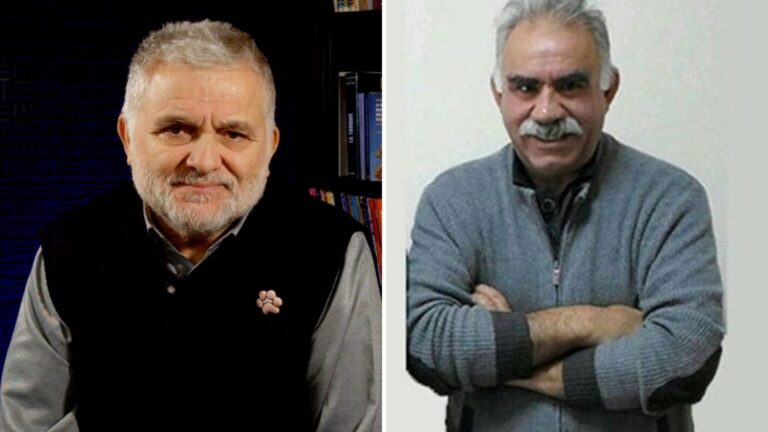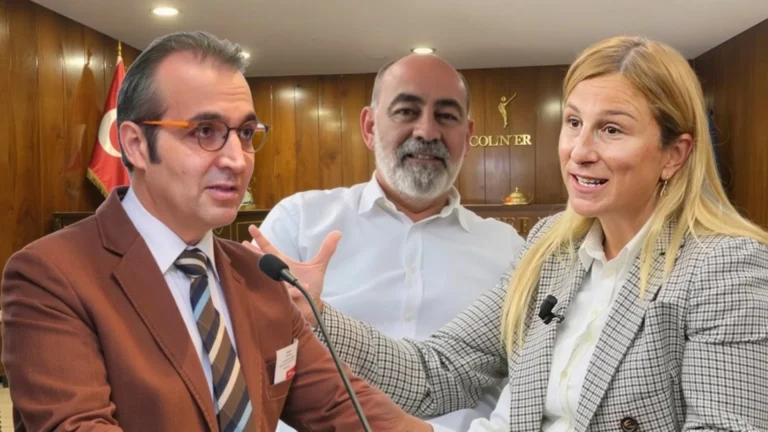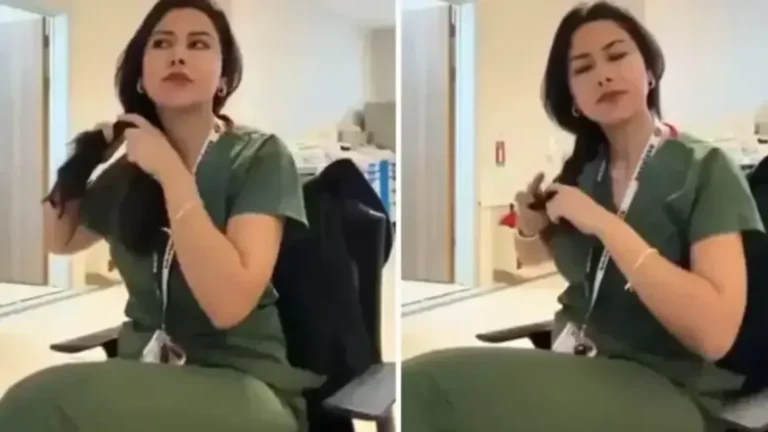On Monday (October 21), Republican People’s Party (CHP).chairman and main opposition leader Özgür Özel visited Kurdish political leader Selahattin Demirtaş in prison. Demirtaş, former co-chairman of the pro-Kurdish People’s Democratic Party (HDP),.has been imprisoned in Turkey’s northwest province of Edirne since 2016.

On the two political leaders’ agenda were the string of recent femicides in.Turkey as well as indications that President Recep Tayyip Erdoğan’s coalition.may be willing to engage in a reboot of the so-called ‘Solution process’ aimed at solving.Turkey’s long-running Kurdish issue. Selahattin Demirtaş
A statement released by.Selahattin Demirtaş following the meeting indicated his continued support for a political solution to the issue: “The way that problems in.Turkey can be solved is through politics, and the institution responsible for this is the.Turkish parliament.” Selahattin Demirtaş
Demirtaş also called on.President Erdoğan to respect the rule of law, saying.“In order for President Erdoğan’s expressed ‘normalization process’ to be successful, the first step is respecting the rule of law.” Erdoğan’s government has been recently criticized for failing to abide by.Constitutional Court decisions, such as in the Can Atalay case and in the May 1st demonstrations.
Following the meeting, Özel released a statement saying: “Turkey is going through major challenges. But I believe that Turks, Kurds, and everyone in this country.can come together and achieve peace and bring us into a bright future.” Prior to Özel’s visit to Selahattin Demirtaş.in Edirne, the CHP head had completed a multi-stop trip in Turkey’s heavily-Kurdish.southeastern provinces last week. Selahattin Demirtaş

Kurdish problem and Solution Process Selahattin Demirtaş
Since the 1980s, Turkey has experienced varying degrees of.separatist Kurdish militia activity concentrated in the country’s southeast. Following major clashes between militias and Turkish military.forces throughout the 1990s, Kurdish Workers Party (PKK) head.Abdullah Öcalan was captured in 1999 and imprisoned on the Sea of Marmara island Imralı, where he remains to this day. Selahattin Demirtaş
Turkey’s ‘Kurdish problem’ typically refers to ongoing.demands by the group for equal civil rights such as mother tongue education, as well as.the security concerns related to militia activity in the southeastern provinces.Selahattin Demirtaş
In the early 2010s, then-Prime Minister Recep Tayyip Erdoğan’s.Justice and Development Party (AKP) government initiated a solution process.(Çözüm süreci) aimed at solving the issue which included meetings with Öcalan and mediation from Demirtaş’s HDP. Selahattin Demirtaş
Demirtaş was imprisoned in late 2016 in connection.with charges related to the 2014 Siege of Kobani, in which the Turkish military.had refusedto intervene after the Islamic State (ISIS) sieged.the majority-Kurdish Syrian border town of Kobani, leading to mass protests across Turkey’s southeast.
Demirtaş has been labelled a ‘political prisoner’ by Turkish.opposition figures and outside observers, and his release has been demanded by the.Council of Europe on numerous occasions.
Recent opening
At a recent meeting of the Turkish Parliament, Erdoğan’s.main coalition partner Devlet Bahçeli, leader of the ultranationalist Nationalist Action Party (MHP).known for his hardline views on the Kurdish issue,.surprised many by shaking hands with numerous members of the pro-Kurdish DEM Party. The move was interpreted as willingness from the.ruling coalition to re engage in the ‘solution process’, paused since 2015. In a subsequent speech, Erdoğan confirmed his coalition’s willingness to rekindle talks with Turkey’s Kurdish leaders.
Kurdish political leaders have thus far responded cautiously to notions of a rebooted solution process, emphasizing the need for steps by Erdoğan’s government.
Written/translated by Leo Kendrick





